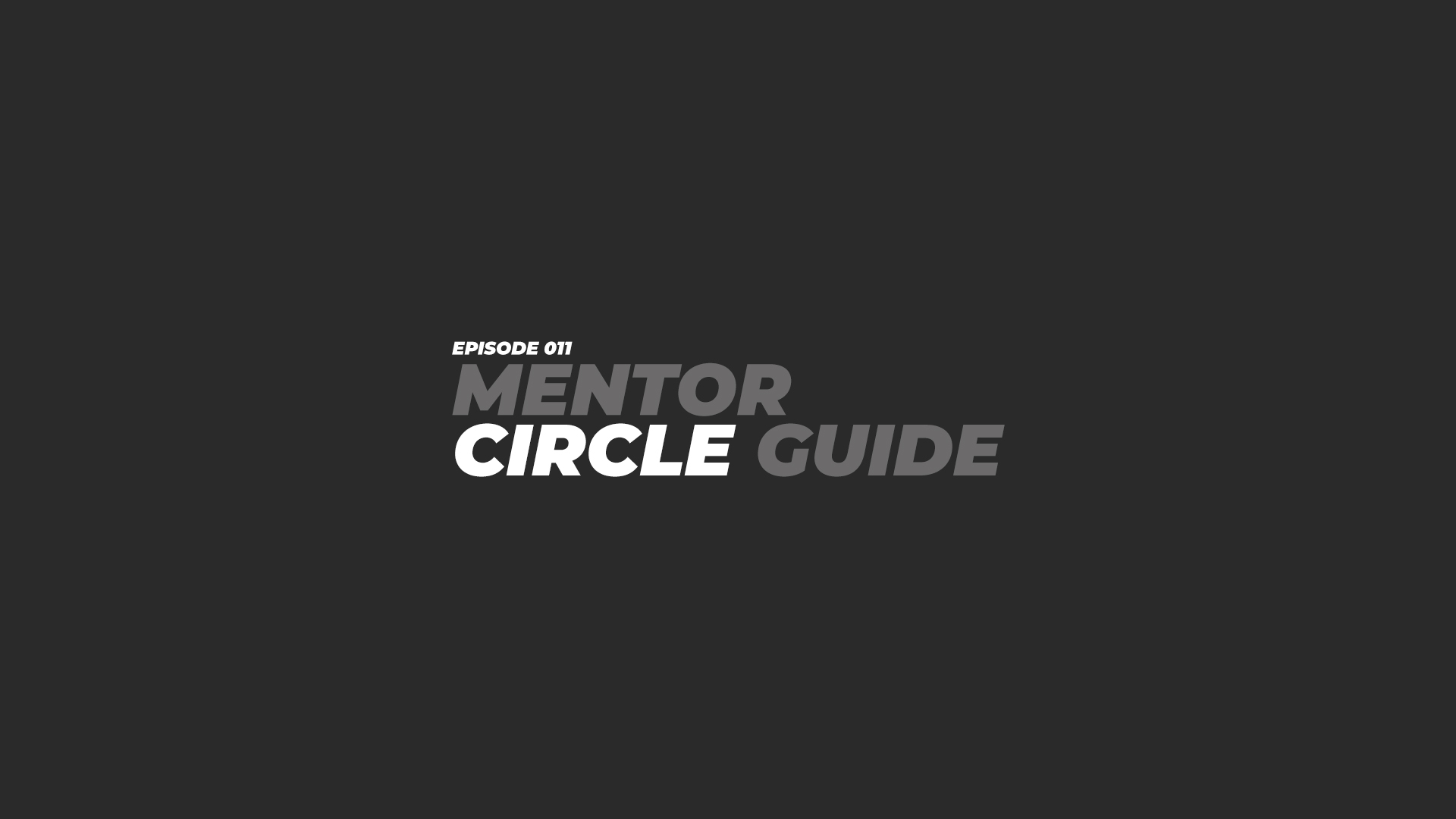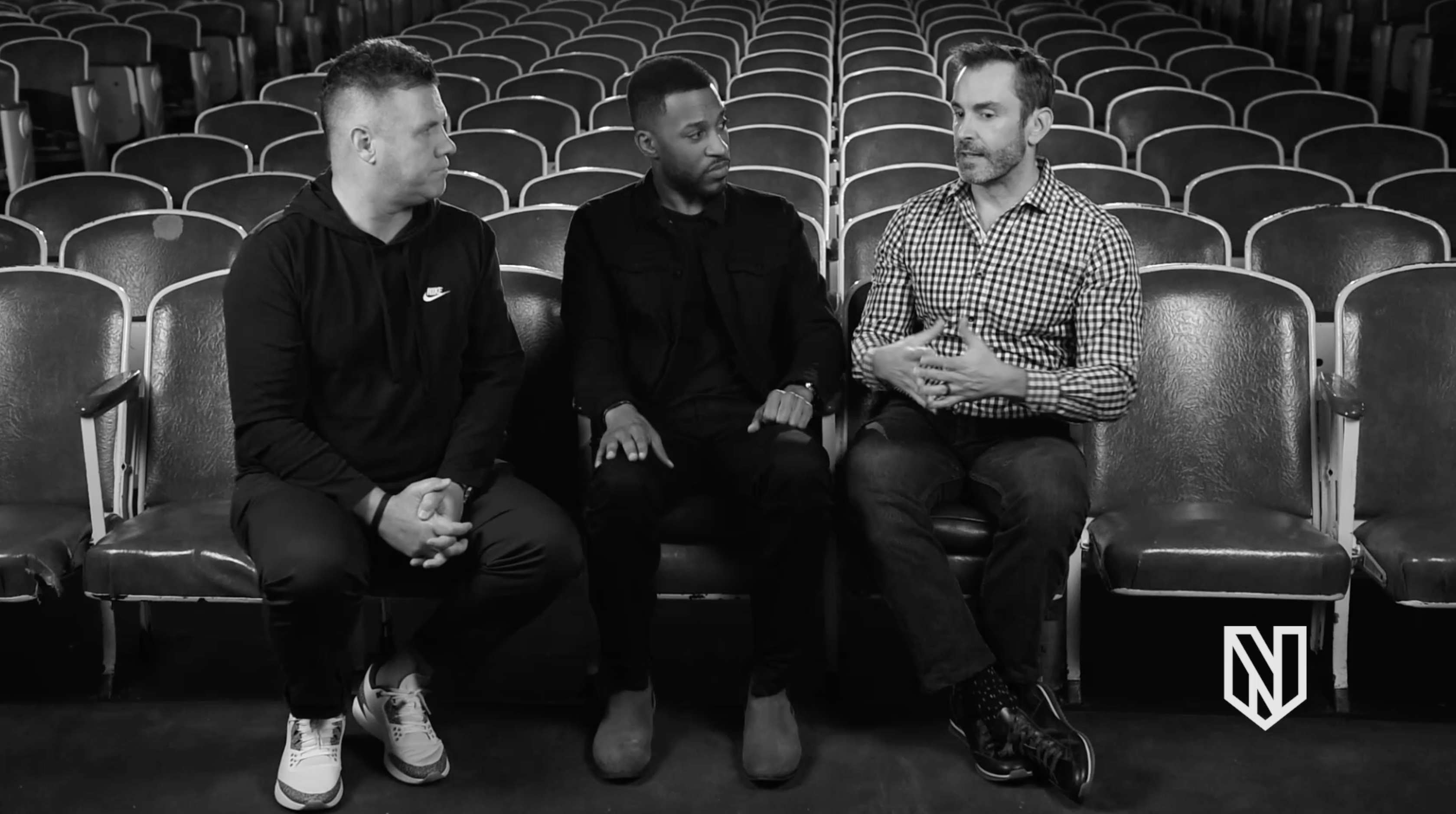Derek Coburn is author of Networking Is Not Working and the co-founder and CEO of CADRE, an un-networking community in Washington, DC, which currently supports over 100 CEOs and business leaders.
Derek began his career in the financial services industry. When the economy took a turn for the worse, he had to devote more attention to his existing clients and had less time for “traditional networking”. That sparked an idea, and he began to create an informal “un-networking” group consisting of his best clients and other top professionals. Derek’s passion for connecting remarkable professionals led him to start CADRE and write his first book.
As an out-of-the box, entrepreneurial, ADD diagnosed teenager, Derek started a comic book business that had him earning thousands of dollars a month while in high school. His ability to choose love over fear afforded him a successful career in the financial services industry and has flourished into writing a book and creating an un-network for hundreds of CEOs and business leaders.
Derek is an incredible example of how courage stretches.
You are growing up in a world that is becoming increasingly competitive and comparative. It is easy to for you – for any of us – to believe that the ones who have found success or happiness are better than, stronger than, smarter than, or privy to something magical – certain strengths or qualities that are reserved for the lucky few. The truth is that none of us are born with the ‘success’ gene or the ‘happiness gene’. There are many things that lead to success and happiness, but one of the most powerful of these is courage.
Behind so many brilliant successes are failures, rejections, and unexpected turns. Often many. Without exception, there is also courage. Mountains of courage. Courage to keep going, to find a different way, and of course the courage to try in the first place.
One of the most important things for you to know is that courage doesn’t always feel like courage. From the outside, courage often looks impressive and powerful and self-assured. Sometimes it might look reckless or thrilling. From the inside though, it can feel frightening and unpredictable. It can feel like anxiety, or fear, or rolling self-doubt. Courage can be a trickster like that: it often looks different from the outside to the way you would expect it to feel on the inside. This is because courage and fear always exist together. It can’t be any other way. If there is no fear, there is no need for courage.
Courage isn’t about something magical that happens inside you to make you “not scared.” It’s about something magical that happens inside you to make you push through fear, self-doubt, anxiety, and do the things that feel hard or risky or frightening. Sometimes, courage only has to happen for seconds at a time – just long enough to be brave enough.
There’s something else that you need to know about courage: you don’t always see the effects of it straight away. Courage might mean being kind to the new kid in class, trying something new, speaking up for someone or something you believe in. Often, these things don’t come with fireworks or applause. In fact, they rarely do. The differences they make can take time to reveal, but when actions are driven by courage, the differences those actions make will always be there, gently taking shape and changing their very important corners of the world in some way.
Comfort zones are beautiful things but nothing ever grows there. Sometimes “safe and certain” might be the perfect place for you to be, but so much growth and the things that will enrich you will happen when you let go of the handrail, even if just for seconds at a time.
Wrestle with these questions:
- Do you give yourself permission for imperfection?
- Are you waiting to always feel ready before doing something? That’s why it’s brave.
- When is the last time you tried something new?
- Do you give yourself space for courage of thought?
- Describe your self-talk. However scared you might feel, or whatever you might be telling yourself about how much you “cant,” you will always be braver than you think you are.
- In what area(s) of your life do you find yourself the most fearful and in need of courage?
For God has not given us a spirit of fear and
timidity, but of power, love, and self-discipline.
2 Timothy 1:7 NLT

We asked you to read the story of the courage of three brave men and their decision to save countless lives. In 1986, a sudden surge of power during a reactor systems test destroyed Unit 4 of Chernobyl’s nuclear power plant, spewing massive amounts of deadly radioactive material into the environment. The death toll was unknown and rumored to be anywhere from a few hundred to a few thousand. While many perished, three clean-up volunteers – Alexi Ananenko, Valeri Bezpoalov and Boris Baronov – willingly met their fate.
If you feel personal resistance, reluctance, or even anger about taking action – lean into those emotions. Consider what they may cost you if they keep you from taking action. Ask yourself: Is it fear that I feel? What is driving my fear? What assumptions am I making about what might occur if I take action? Are they true? How might I overcome my fear? What’s the worst that could happen if I take action? What’s the best that could happen if I take action?
We know that you are interested – if not working hard – to be a great leader. So the most important question you can ask yourself when fear keeps you from taking action is simply this: Is it the right thing to do?
Read James 4:17 and think about its ramifications…
If anyone, then, knows the good they ought
to do and doesn’t do it, it is sin for them.

We asked you to watch the critically acclaimed film Arctic. After a plane crash, a man fights to survive stranded alone in Arctic. When he sees a helicopter, he sees the chance to be saved but the helicopter also crashes and he rescues a wounded woman from the debris. After a long period, he decides to embark in a journey with the woman with hope to find salvation or death.
Did you come to respect any of the characters in this movie? Who was it and why did you come to respect that character? If a psychologist were to look at the actions of the main character in Arctic, what do you think the psychologist would say about that character? If a priest, minister, or rabbi were to look at the actions of the main character in Arctic, what do you think the priest, minister, or rabbi would say about them? Describe specific statements or actions that you think the priest, minister or rabbi would be interested in and the conclusions that you think he or she would draw from those statements or actions. What comment is the film director trying to make about the culture of the characters in this story?

We asked you to read the thought bubble regarding whether you are a person of talent or habit.
Let’s discuss this:
There are five critical habits one must have to become a person of courage:
- Understand life backward, to better live it forward.
- Apply the opportunity cost lens with broad options and consider higher- level effects.
- Grasp the awesome power of compounding, thus being in a persistent and steady-state — never intermittent.
- Honor the value of building great habits, one day at a time.
- Be calm, be stoic and never impatient.
Which of these habits do you feel like you practice? Which do you struggle with? Why?

We asked you to watch the TED Talk titled How Childhood Trauma Affects Health Across a Lifetime. Childhood trauma isn’t something you just get over as you grow up. Pediatrician Nadine Burke Harris explains that the repeated stress of abuse, neglect and parents struggling with mental health or substance abuse issues has real, tangible effects on the development of the brain. This unfolds across a lifetime, to the point where those who’ve experienced high levels of trauma are at triple the risk for heart disease and lung cancer. An impassioned plea for pediatric medicine to confront the prevention and treatment of trauma, head-on.
Let’s discuss this:
Nadine Burke Harris says that “the single most important thing that we need today is the courage to look this problem in the face and say, this is real and this is all of us. I believe that we are the movement.” How does courage play itself out in the treatment of adversity as well as children who are in the middle of that trauma?

We asked you to read the article Love, Hope and Support. A mass shooting at at a sprawling shopping complex in El Paso on Saturday, August 3 left at least 20 people dead. Seven Mexican citizens died in the shooting, according to the office of the Mexican Secretary of Foreign Affairs Marcelo Ebrard. Another victim, Jordan Anchondo, 24, died while shielding her 2-month-old son, her aunt Liz Terry told CNN. Her husband, Andre Anchondo, 23, was also killed in the shooting. The family was shopping for school supplies when the gunman opened fire. Read just a few of the stories of courage from that tragic, fateful day…
Let’s discuss this:
If courage is choosing love over fear, which of these stories stood out to you as it relates to courage? Journal your thoughts about how courage intersects with the call among many in America for the reformation of gun laws and background checks. As a next generation leader, what do you think is the right thing to do? How does love and fear intersect with the right thing?

We asked you to read the NY Times article Rachael Denhollander: The Price I Paid for Taking On Larry Nassar. On January 16, 2018, women and girls from across the country began congregating in a courtroom in Lansing, Mich. Some of them were athletes; some of them were not. Some of them were white; some of us were black. Some of them were married; some of them were still in high school. Many of them had never met. But they all shared one core, unifying experience: sexual assault at the hands of Larry Nassar. And they had one core, unifying goal: facing their abuser and confronting the culture that allowed him to prey on them without fear or punishment.
Rachael Denhollander makes an insightful observation: that sometimes, we choose fear over love because of an unwillingness to speak the truth against one’s own community. The result of putting reputation and popularity ahead of girls and young women resulted in the vile stories heard in that courtroom in January 2018, all of which could have been prevented. Rachel asks this question at the end of this op-ed: “Ask yourself: How much is a child worth?” How does this question shift your understanding of the important of courage?

Disclaimer:
INFLUNSR’s mission is to fuel the next generation of leaders worth following and to help students learn how to think, not what to think. Any articles posted and questions asked are intended for that sole purpose.



